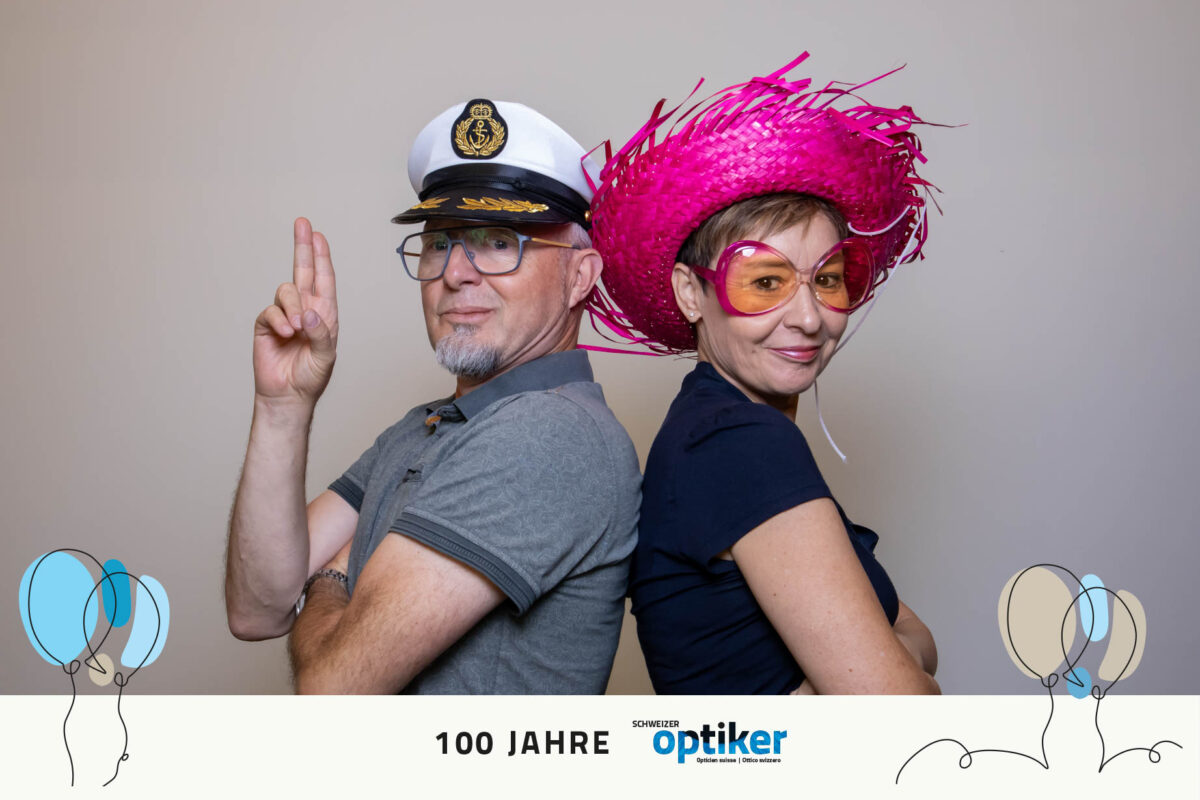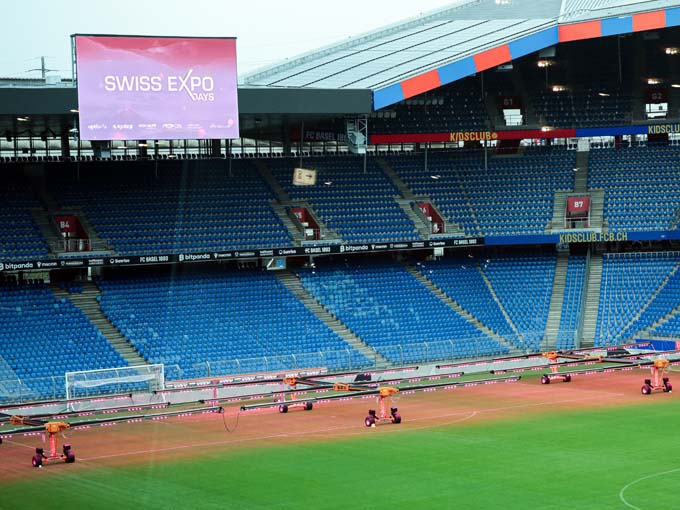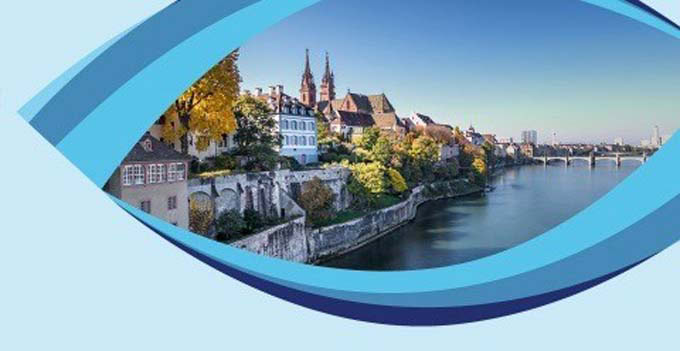The IVBS Congress 2025 on MKH and binocular vision
This year's congress of the International Association for Binocular Vision (IVBS) was particularly geared towards students, who also contributed to the congress program with their final theses. With 15 speakers, a varied range of lectures was organized. A new feature was the World Café discussion format, which generated and recorded many new ideas.

This time, participants traveled from Germany, Switzerland and Austria, as well as a delegation from China for the first time.
The first day of the congress offered the usual wide range of seminars and new speakers were brought in again this year. One of these was Dr. Robert Hörantner, an ophthalmologist from Austria and specialist in eye muscle surgery, who carried out practical exercises to simulate eye movements on a PC. Participants who had brought a laptop were able to take part in these exercises themselves.
The seminars covered exciting and practical topics such as "The basics of functional testing" and "Prismatic side effects - correct spectacles according to DIN?". The seminar "MKH? Eye muscle surgery? Ask this ophthalmologist" by Dr. Wolfgang Raab was met with great interest. There was a lively exchange among all seminar attendees, as two other ophthalmologists were among the interested participants. Christian Kochniss spoke from his experience on the subject of "MCH in schoolchildren", while the Vice President of the IVBS, Michael Hornig, explained MCH to his seminar attendees in a basic seminar.
This time, the entire congress was free of charge for students thanks to the newly created "Student Support" program sponsored by the companies Zeiss and OptoVision.
The "Table Talks" introduced in 2022 were held for the first time this afternoon as a World Café. Three groups each had 20 minutes to work on the following three topics: 1. binocular topics for theses and presentations, 2. students talking to the IVBS, 3. new: online forum? "MKH beginners and professionals". The ideas and keywords of the changing participants were noted down on cards for the different topics given for each table. This allowed for better follow-up and even those who did not speak were able to submit their keywords and feedback as notes. Another new feature was the offer of internships for the students in some of the companies run by IVBS members.
The selected industry partners enriched the breaks with exhibitions, offers and practical news. During the breaks, there was a lively exchange between the MKH users, who also used these times for further networking with each other.
At the end of the day, the annual general meeting for members of the IVBS took place with elections and discussions on current topics. The President and the entire team were confirmed in office. Beate Göpel, Michael Hornig, Matthias Dahl and Bernhard Peuckert continue to form the Presidium and Stephan Bitterli and Bernhard Lengacher, both from Switzerland, form the Extended Board. The members of the previous Scientific Advisory Board were also re-elected. New additions to the active IVBS team - as regional partners - are Martin Gebker as contact person for D-West, Steffen Pfeiffer for D-South and Ulrich Göhler for D-East.
After the General Meeting, the dinner for all participants at the hotel provided a further opportunity for personal and professional exchange.
On Sunday, President Beate Göpel opened the congress day with an overview of the importance of MKH corrections and the aims of the IVBS as well as the current plans of the professional association.
This was followed by the opening lecture by Wolfgang Cagnolati: "MKH development and scientific work on binocular vision". Mr. Cagnolati then went on to discuss ideas for Master's and Bachelor's theses.
Seven further lectures made up a varied program of presentations, including four final theses by students who presented their Bachelor's and Master's theses:
- Loreen Roth spoke on the topic of "Deep mechanisms vs. the totality of deep mechanisms".
- In their presentation, Corinne Gusmagg and Claudio Monstein from Switzerland discussed the differences between the horizontal distance phoria measurements according to MKH and Mallet.
- Teresa Hübner and Johanna Sacha's Master's thesis was entitled "Influence of astigmatism on stereopsis".
- Ines Macha and Sarah Brückner dealt with the question "Zero position on the cross test - can digital shifting replace the prismatic measuring glass?" in their bachelor thesis.

Dr. Robert Hörantner then presented various models for strabismus simulation on the computer in his lecture.
Michael Hornig, Christian Kochniss and Bernhard Peuckert provided information on the importance and practice of visual performance parameters. This offers interesting opportunities to better demonstrate the benefits of prismatic corrections in the future. At the end of the presentation, the participants were asked to cooperate in the further procedure and several members who will actively measure standardized parameters in their business immediately came forward.
At the end of the successful event, the President bid farewell to the participants with a reference to the next congress, which will take place on May 30 and 31, 2026 in southern Germany (Pforzheim). There are new approaches to offer participants even more benefits ...
Source: www.ivbs.org








